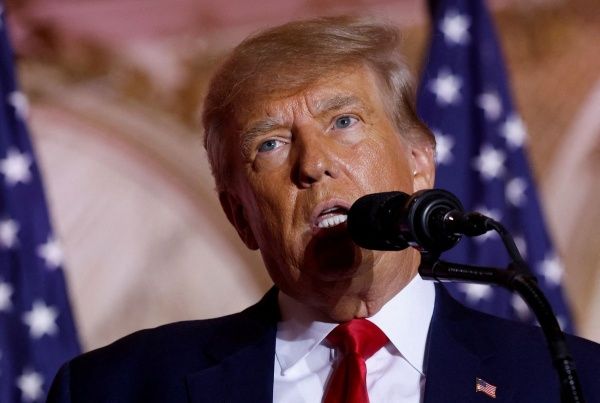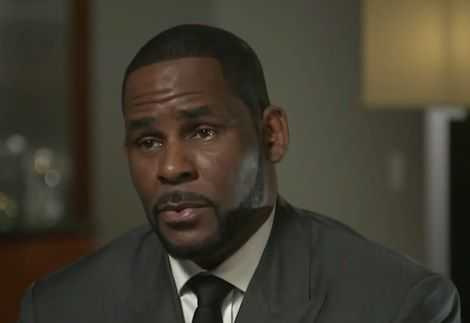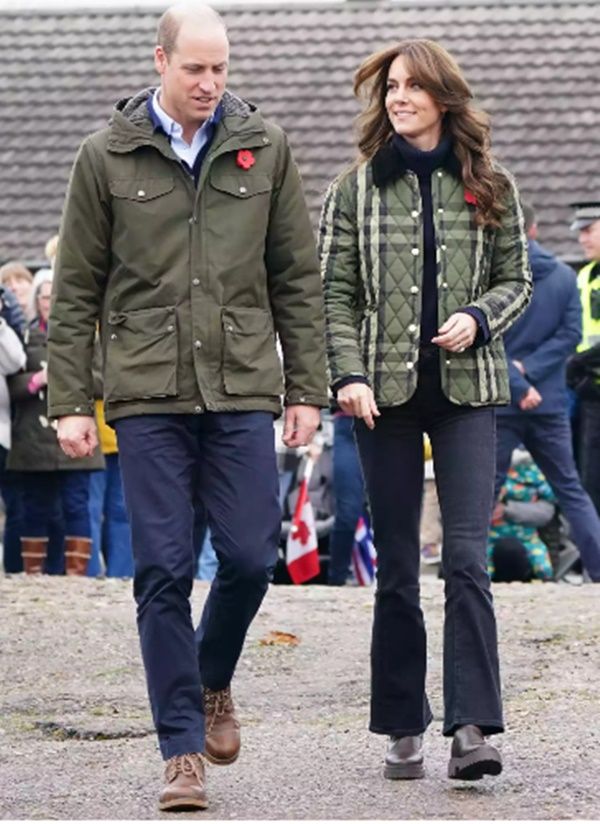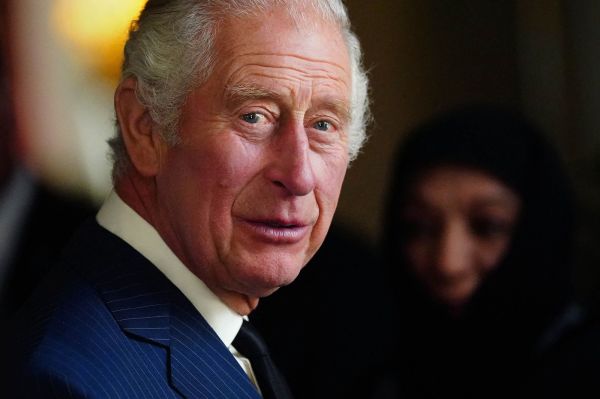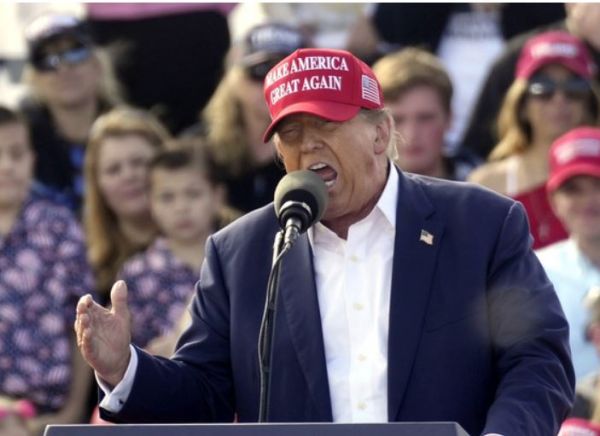
Thin with a boyish face and earrings in both ears, 23-year-old Isayah Turner does not look like a stereotypical Trump supporter, who tend to be middle aged or older.
Nevertheless, Turner drove two hours from his home outside Milwaukee on a recent Tuesday to see Republican presidential candidate Donald Trump at a rally in Green Bay, Wisconsin, one of a contingent of young voters there that some opinion polls suggest could be a growing and important demographic for Trump.
For Democratic incumbent Joe Biden, who overwhelmingly won the youth vote in 2020, an erosion of his support among young voters could potentially dampen his hopes of a second term.
Turner, who runs a dog breeding business with his mother, voted for Trump in 2020. He supports Trump's pro-oil drilling stance, his opposition to gun control - Turner owns several firearms - and his pledge to crack down on illegal immigration.
"I cannot think of one thing that Trump did that upset me while he was in office. And now with Biden in office there are countless things I disagree with," Turner told Reuters. "A lot of my friends are on the same page as me."
A Reuters/Ipsos poll in March showed Americans age 18-29 favoring Biden over Trump by just 3 percentage points - 29% to 26% - with the rest favoring another candidate or unsure of who if anyone would get their vote.
If Trump, 77, stays close to Biden, 81, in this demographic all the way to Election Day on Nov. 5 it would be a major gain compared to 2020, when Biden won the youth vote by 24 points.
Concerns about Biden's age and his support of Israel in its war against Hamas in Gaza have fueled the erosion of his support among young voters at a time he is also losing Hispanic voters.
There are also signs young people are slowly warming to the Republican Party, despite Biden's efforts to keep them on side by trying to cancel student debt, expand affordable housing and reverse curbs on abortion rights.
The share of Americans between 18-29 who identify as Republicans has ticked higher, from 24% in 2016 to 26% in 2020 and 28% so far this year, Reuters/Ipsos polling shows.

